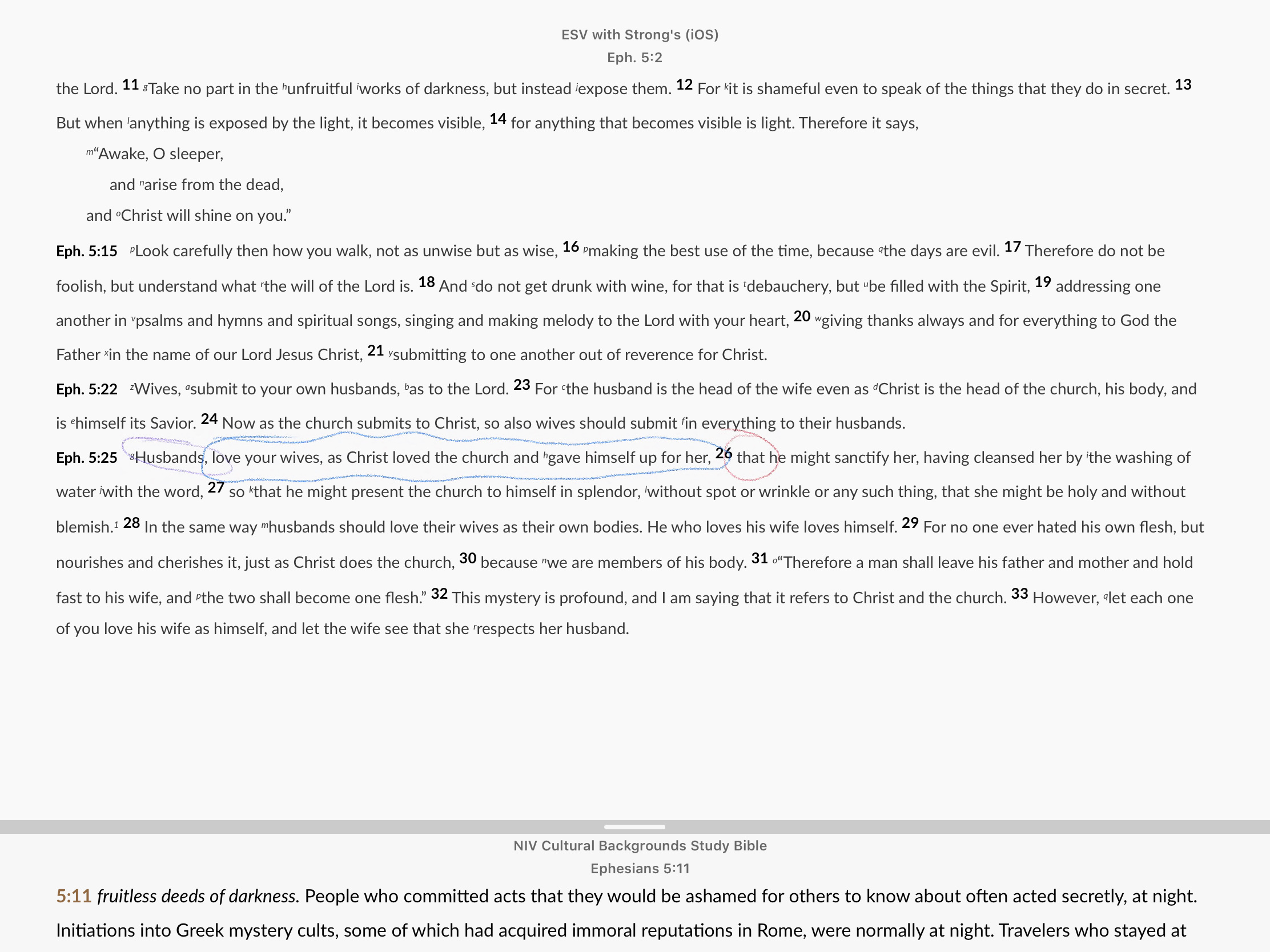Jim Alseth is a friend and physician from Alberta, and he penned the following, that I would like to set forth as a way to better reframe marriage vows. Something to ponder and apply as you see fit, gang.
Jim writes:
Much has been said about the necessity of renouncing our hidden agreements with death.
Michael C. King spends time on that one in his book.
This morning I found myself going over that ground—in particular, our wedding vows, of all things. “Till death do us part”, and “in sickness and in health” are common components of those vows. We said them ourselves (or at least the pastor did, of which we came into agreement).
Isn’t it interesting how an event so innocent and precious to the human community can get unknowingly infected with sickness and death! This is not hyperbole, friends. Remember, the unholy realm are legalists, to the extreme.
I understand we had only good intentions and romantic notions in uttering those vows. We all want to be loved when we’re down, but the fact is they weren’t necessary. In our allegiance to Christ we already made the vow to love: “love one another”, “love your neighbor as your yourself”, etc., etc.
When we say to our future spouse, “I love you”, this ground is already covered. There simply was (is) no need to open the doors of sickness and death to the predatory legalists—in front of a house full of witnesses, at that—in such a binding agreement.
In Matthew 12 when Jesus says we would have to give account for every careless word we have spoken, He’s not being the legalistic, harsh judge I just mentioned. He himself is Love and He knows how powerful words are, for good or for evil, AND what a predatory legalist our enemies are. He doesn’t want us to get caught in our words. Praise his Name.
So I spent time confessing, repenting of and renouncing those words uttered in innocence, yet ignorance, and sending them and all their effects to the Cross of Christ; and further, asking Him to close those doors to sickness and death forever. Hallelujah.
May the Life and Health of the King be upon you undiminished this day, beloved. Amen and Amen.


